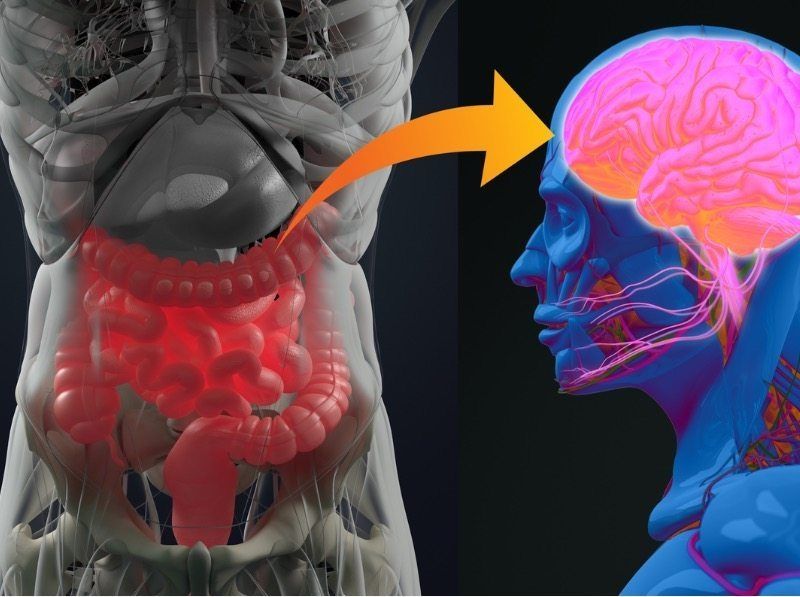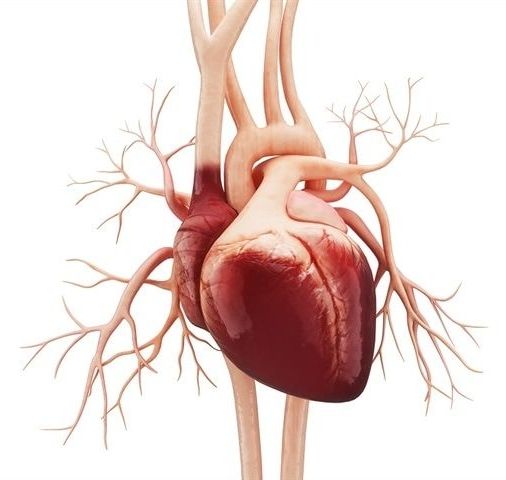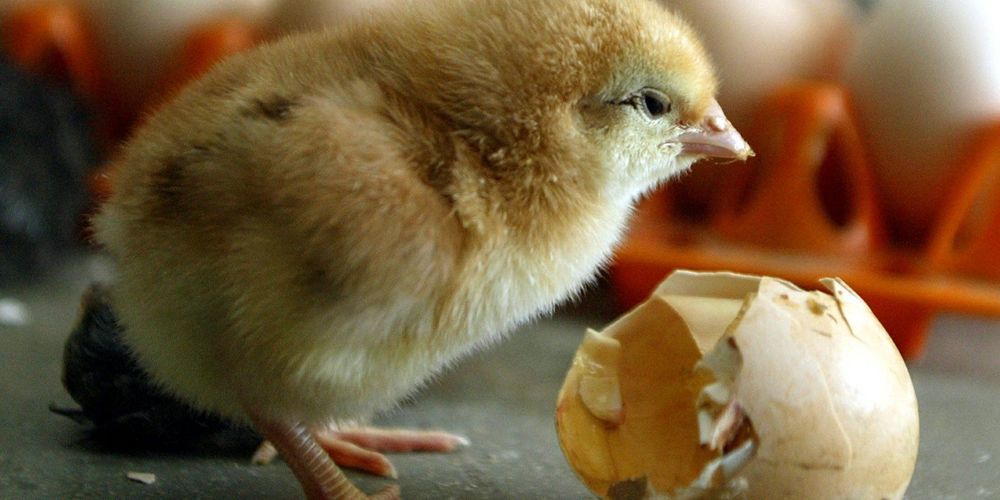Organisms carry genes that result in certain characteristics when the genes are expressed. The possibilities for an organism to change thus reside in the genes. Animals and plants already have the necessary genes, but can turn them on and off as their surroundings change.
Several fish species can change sex as needed. Other species adapt to their surroundings by living long lives — or by living shorter lives and having lots of offspring. The ability of animals and plants to change can sometimes manifest in apparently extreme ways.
The cuckoo wrass is a fish species that lives in groups with one male and several females. If the male dies, one of the females develops into a new male. This can clearly have obvious advantages under certain conditions.
Continue reading “How do species adapt to their surroundings?” »

















